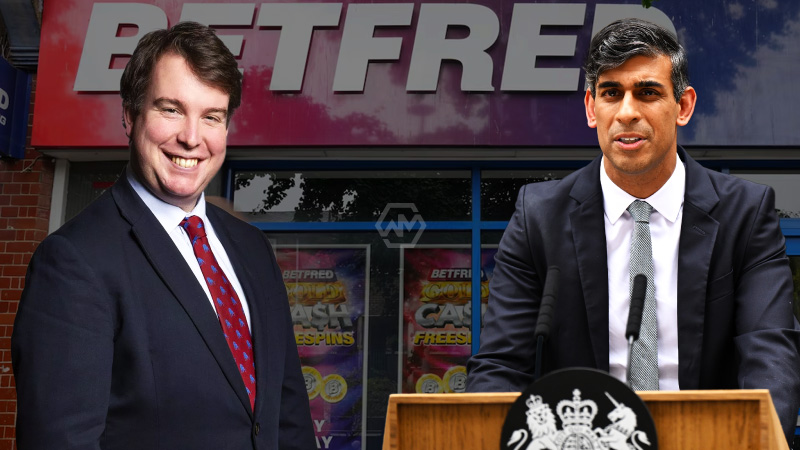- Rishi Sunak’s ex-aide and 14 others face charges over insider election betting.
- Alleged use of confidential election date to profit from wagers.
- British government steps in to temporarily save British Steel’s Scunthorpe plant.
Rishi Sunak’s former aide Craig Williams, along with 14 others including a current Welsh Senedd member, has been charged with election betting offences.
Separately, the UK government has intervened to take temporary control of the British Steel plant in Scunthorpe. The plant was set to shut down by May.
UK Faces Political and Industrial Turmoil: Election Scandal & Steel Crisis Collide
The charges against Sunak’s former aide and others are unprecedented in scale. They mark a serious breach of public trust. The accused are set to appear in court this Friday. The case has intensified scrutiny on how political insiders handle confidential information.
The Gambling Commission launched its probe last June after Williams admitted placing a £100 bet. This occurred just days before Sunak announced the election date. Investigators believe several individuals exploited non-public knowledge for personal financial gain. This constitutes cheating under betting laws.
Meanwhile, British Steel’s Scunthorpe facility—a symbol of the UK’s industrial backbone—was on the verge of closure due to mounting financial difficulties. Government intervention has kept operations afloat. However, industry experts argue that a comprehensive long-term strategy is still lacking.
The government’s control over the plant is seen as a stopgap measure. It aims to protect jobs and ensure energy-intensive manufacturing capabilities remain within the UK. Talks are ongoing with potential investors and stakeholders to chart a sustainable path forward for British steelmaking.
As the UK grapples with political fallout from a betting scandal and works to stabilize its steel industry, both issues highlight the need for stronger ethical governance. Moreover, there is a need for industrial resilience.
“Public trust is earned through transparency and accountability—not private advantage.”



